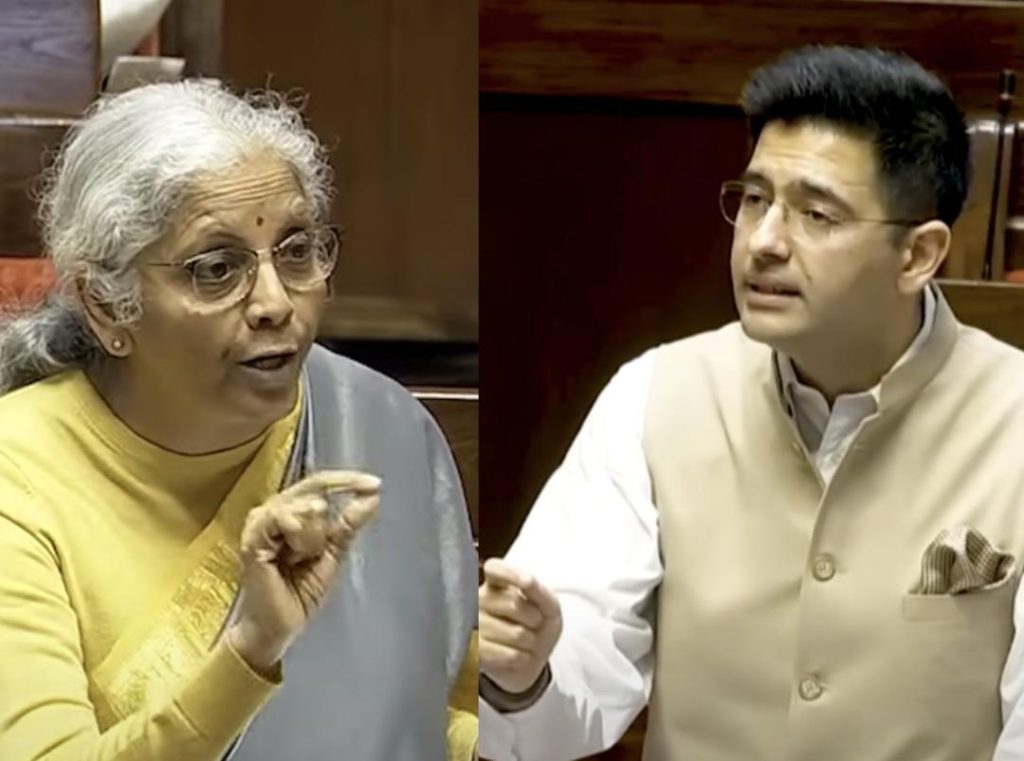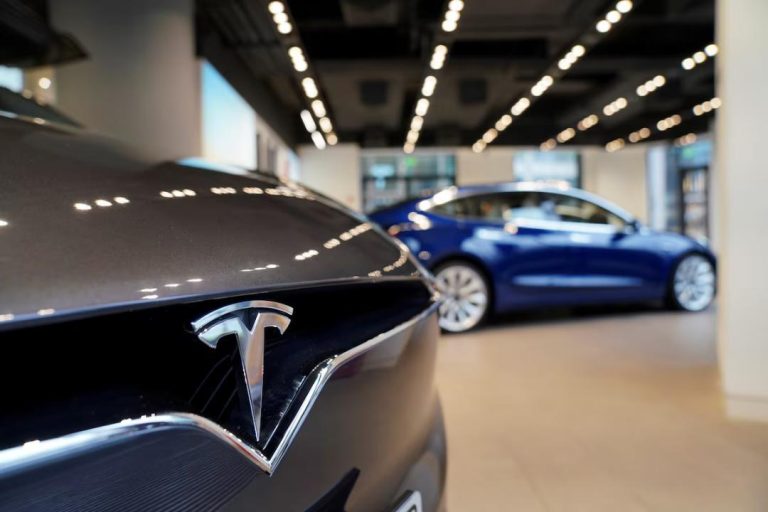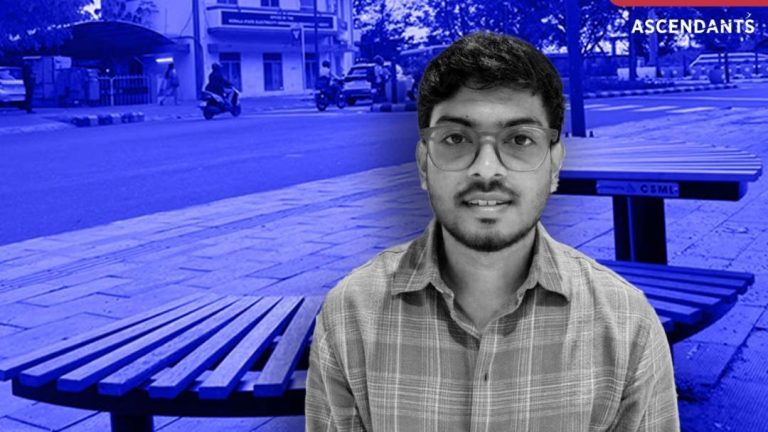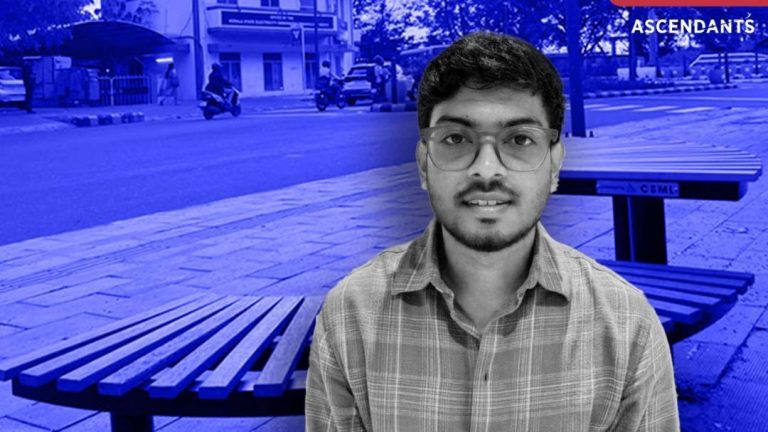
Raghav Chadha questions zero tax on ₹12 lakh income; Sitharaman responds
The Indian government’s recent announcement of income tax relief has sparked a heated debate in the political arena. Among the many questions raised, one of the most significant concerns is the exemption of tax on income up to ₹12 lakh. This threshold has been questioned by several experts and politicians, including Aam Aadmi Party (AAP) MP Raghav Chadha.
In a recent parliamentary session, Raghav Chadha raised his concerns over the government’s income tax relief policy. He pointed out that the moment an individual’s annual income exceeds ₹12 lakh, they will have to pay tax on the entire income. This raised questions about the fairness of the policy, particularly for individuals who earn slightly above the threshold.
Chadha’s comments were met with a sharp response from Finance Minister Nirmala Sitharaman. She refuted Chadha’s claims, saying, “Don’t mislead the house…Are you really a CA? The marginal relief takes it further down…You don’t have to pay any tax till ₹12.75 lakh.” Sitharaman was quick to defend the government’s policy, emphasizing that the marginal relief provided by the policy would take the tax burden further down for individuals earning up to ₹12.75 lakh.
So, what does this policy change actually mean for taxpayers? To understand this, let’s break down the income tax relief announced by the government.
Prior to this policy change, individuals earning up to ₹5 lakh per annum were exempt from paying income tax. Those earning between ₹5 lakh and ₹10 lakh were required to pay a marginal rate of 20% on their income above ₹5 lakh. For individuals earning between ₹10 lakh and ₹12 lakh, the marginal rate was 30%.
The revised policy has introduced a new slab of 10% for individuals earning between ₹5 lakh and ₹7.5 lakh. Those earning between ₹7.5 lakh and ₹12 lakh will pay a marginal rate of 15%. This means that individuals earning up to ₹12 lakh will not have to pay any tax, as they will be eligible for the 10% slab.
However, Raghav Chadha’s concerns are not entirely unfounded. Many experts have criticized the policy for being tilted in favor of the wealthy. The fact that individuals earning up to ₹12 lakh will not have to pay any tax has raised eyebrows, with some questioning the fairness of the policy.
One of the main criticisms of the policy is that it disproportionately benefits individuals who earn slightly above the threshold. Those who earn just above ₹12 lakh will have to pay tax on their entire income, while those who earn just below will pay no tax at all. This creates an anomalous situation where individuals who earn slightly more are penalized, while those who earn slightly less are rewarded.
Another criticism of the policy is that it does not address the issue of taxing super-rich individuals. While the policy provides relief to individuals earning up to ₹12 lakh, it does not touch the super-rich who earn millions of rupees every year. This has led to accusations that the policy is designed to benefit the wealthy at the expense of the middle class.
In conclusion, the debate over the government’s income tax relief policy is far from over. While Sitharaman has defended the policy, critics continue to raise concerns about its fairness and implications for taxpayers. As the policy is implemented, it remains to be seen how it will affect the economy and the lives of ordinary citizens.
Source: https://www.youtube.com/watch






